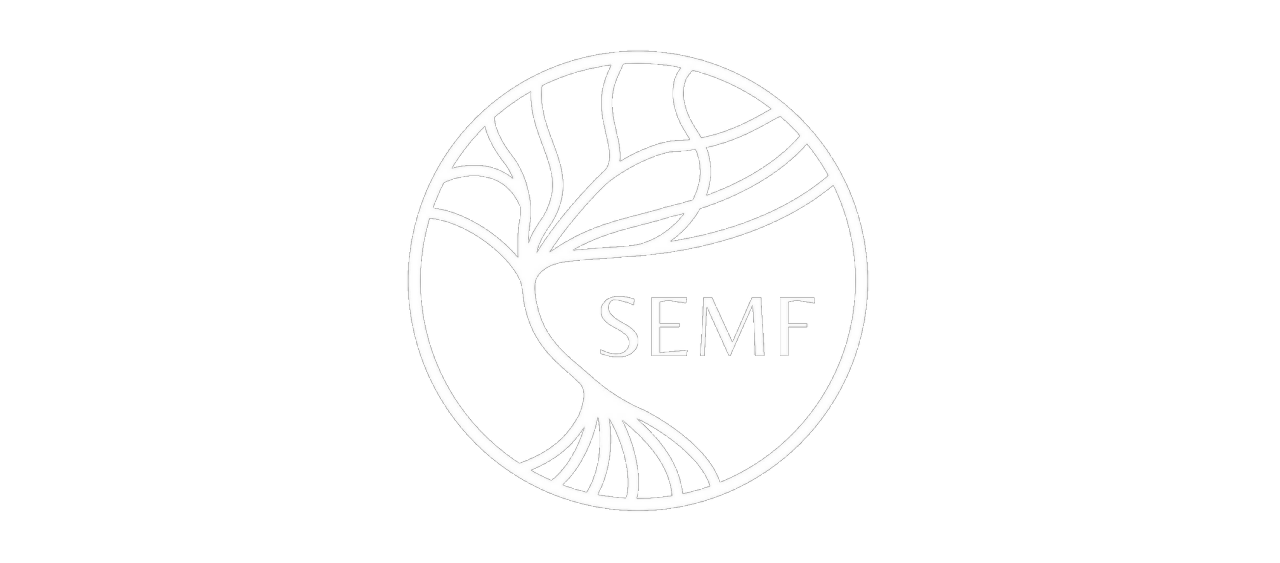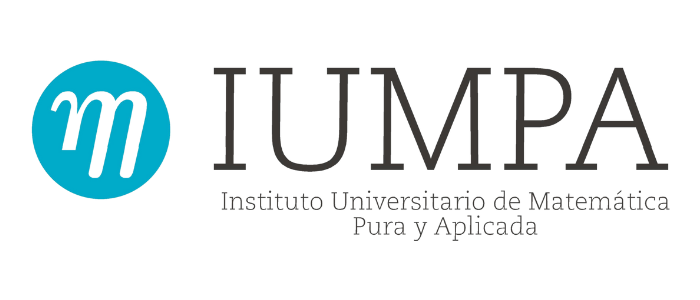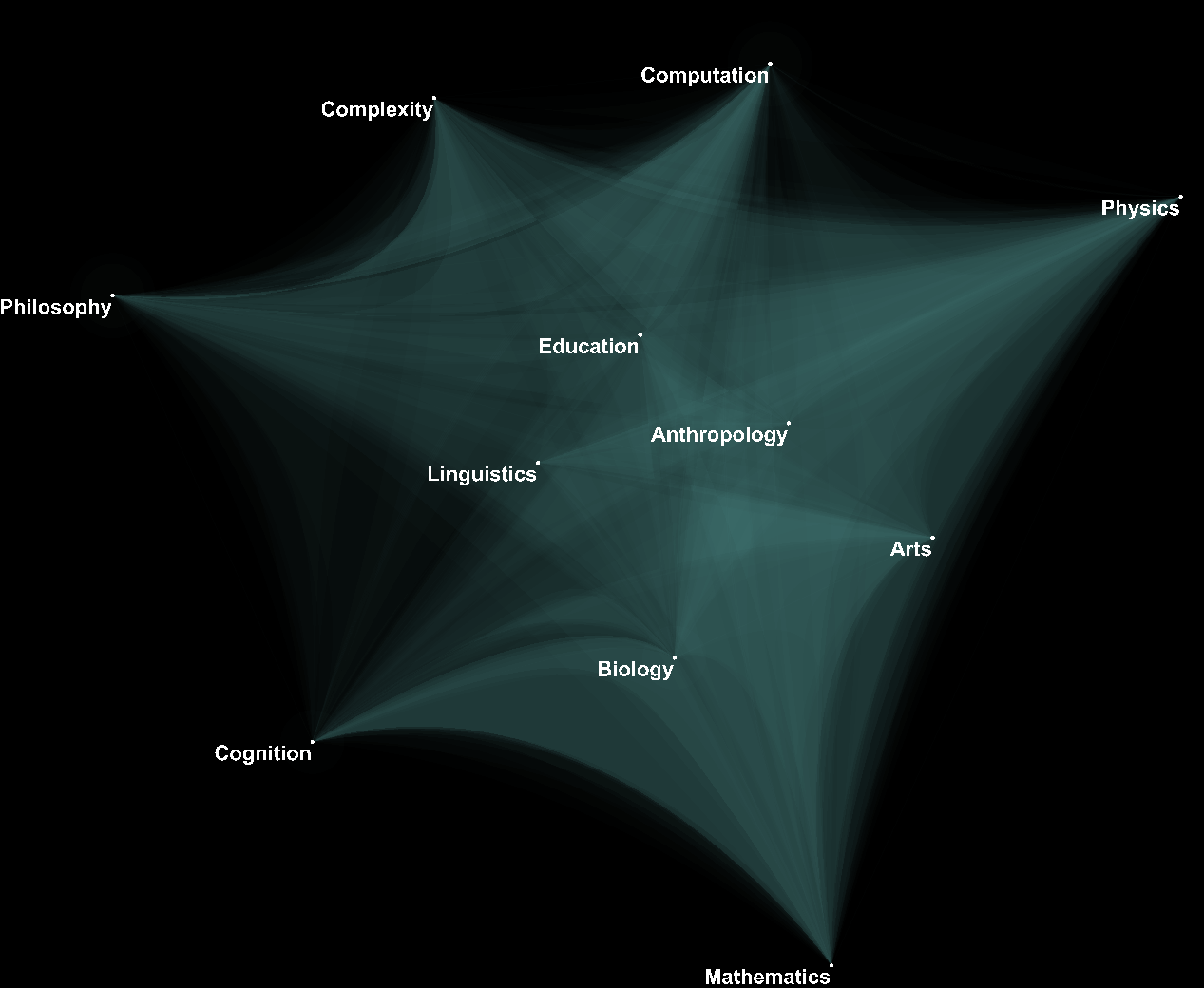
























|
Michael Levin
Tufts University
Evolution, Basal Cognition and Regenerative Medicine |

|
Stephen Wolfram
Wolfram Research
Exploring the Computational Foundations of Everything |
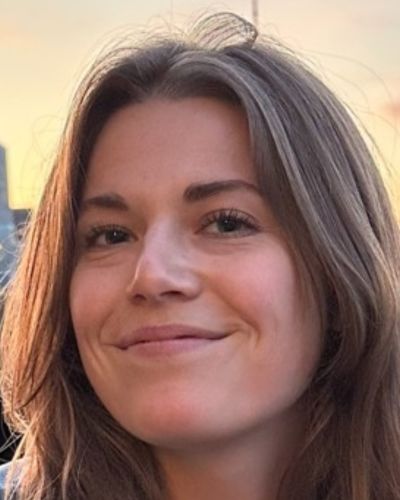
|
Carla Ostmann
DeSci Labs
Scientific Publishing is Broken |

|
David Spivak
MIT
Category Theory Applied to Scientific Interdisciplinarity |

|
Irida Altman
ETH Zurich
Literary Aspects of Mathematics |
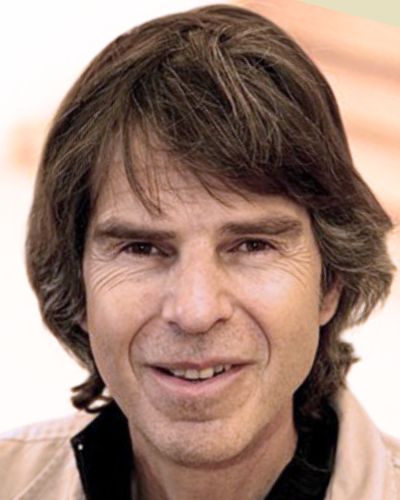
|
David Wolpert
Santa Fe Institute
Thermodynamics of Computation |

|
Johanna Owen
Southern Oregon University
Ars Scientia Journal Presentation and Workshop |

|
Mandus Ridefelt
Uppsala University
Ars Scientia Journal Presentation and Workshop |

|
Silvia Vilariño
Technical University of Valencia
Introduction to Computational Neuroscience |

|
Richard Watson
University of Southampton
Evolution, Cognition and Computation |

|
Joel Dietz
MIT
Spatial Music Visualization |

|
Isabel Wiessner
Brain Institute, UFRN
Consciousness & Psychedelics + LSD, Creativity, Hypnosis |
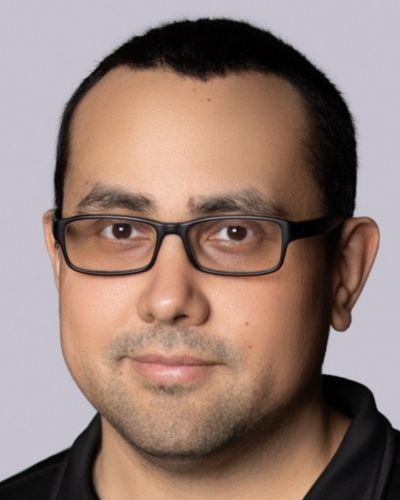
|
Ryan Wisnesky
Conexus AI
Introduction to Type Theory + Categorical Databases |
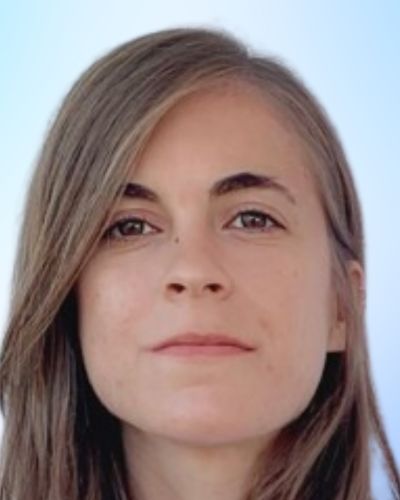
|
Sandra Ranilla
Credit Suisse
The Industry-Academia Gap |

|
Julian Barbour
University of Oxford
Entropy and Time's Arrow |
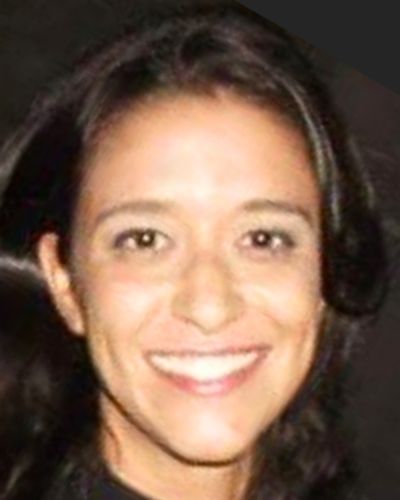
|
Aline Viol
SISSA
Complex Networks and Psychedelics |

|
Joan Simon
University of Edinburgh
Information and Gravity: from Coins to Black Holes |
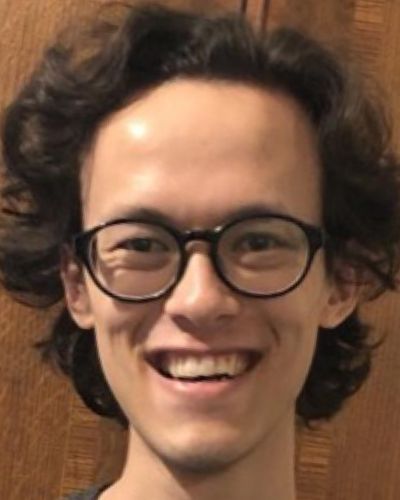
|
Jonathan Gorard
Centre for Applied Compositionality
Computation, Causality and Compositionality |
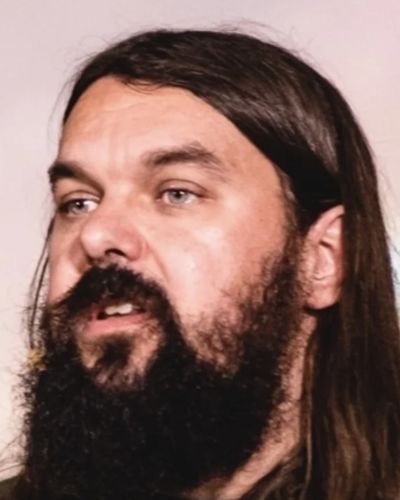
|
Barry O'Reilly
Black Tulip Technology
Software Design and Residuality Theory |
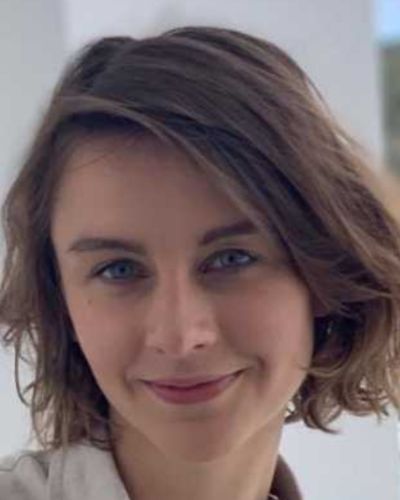
|
Johanna Sopanen
University of Exeter
Philosophy of Psychedelics |

|
Andrea Hiott
Universität Heidelberg
Way-Making as a Philosophy for Cognition |

|
Owen Lynch
Topos Institute
Entropy and Energy |
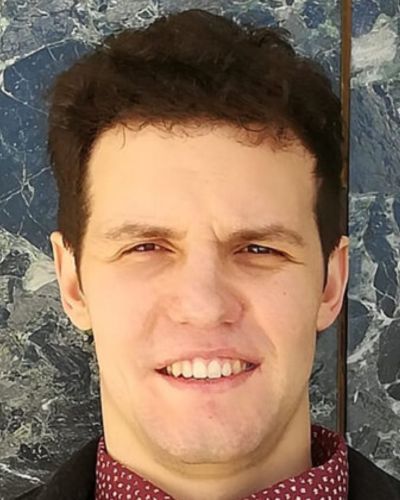
|
Anatolii Kozlov
University College London
Science, Scientists and Their Emotions |
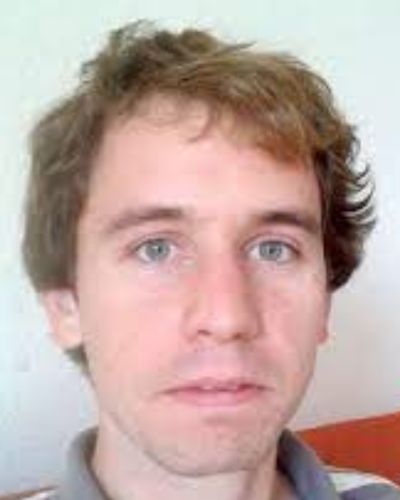
|
Václav Zatloukal
Czech Technical University in Prague
Field Theory of Many-Body Random Walks on Graphs |

|
Esteban Montero
Holon Computing Labs
Engineering the Collective Computer |

|
Daniel García
University of Murcia
Debates on the Philosophy of Scientific Practice |

|
Carlos Zapata
SEMF
Foundations of Mathematics and Hypernetwork Theory |

|
Vlad Grigoras
University of Edinburgh
Cognitive Science of Mindfulness Meditation |
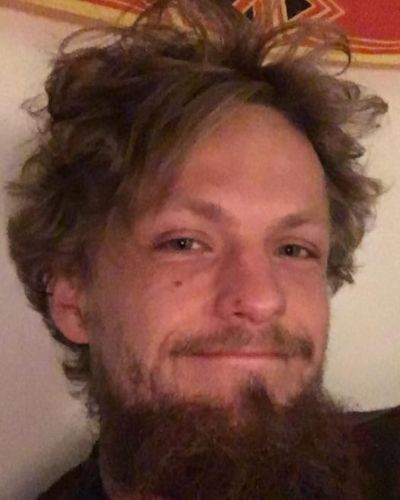
|
Mark Juhan Schunemann
University of Exeter
Psychedelics and Mystical Praxis |
Schedule
By default, sessions will take place in the room 412. [Central European Time UTC+2] Monday 24 09:00 - 10:00 Opening 10:00 - 11:00 Foundations of Mathematics & Hypernetwork Theory 11:00 - 12:00 Entropy and Time's Arrow 12:00 - 14:00 Literary Aspects of Mathematics 15:00 - 16:00 Introduction to Computational Neuroscience 16:00 - 17:00 Field Theory of Many-Body Random Walks on Graphs 17:00 - 18:30 Exploring the Computational Foundations of Everything 18:30 - 19:30 Ars Scientia Journal Presentation and Workshop Tuesday 25 09:00 - 10:00 Foundations of Mathematics & Hypernetwork Theory 10:00 - 11:30 Consciousness & Psychedelics 12:00 - 14:00 Literary Aspects of Mathematics (room 411) 12:00 - 13:00 Evolution, Cognition and Computation 13:00 - 14:00 Residuality Theory 15:00 - 16:00 Science, Scientists and Their Emotions 16:00 - 17:00 Spatial Music Visualization 17:00 - 18:00 Introduction to Type Theory 18:00 - 19:00 Applied Category Theory: Toward a hard science of interdisciplinarity Wednesday 26 09:00 - 10:00 Computation, Causality and Compositionality 10:00 - 11:30 LSD, Creativity, Hypnosis 12:00 - 14:00 Literary Aspects of Mathematics (room 411) 12:00 - 13:00 Evolution, Cognition and Computation 13:00 - 14:00 Thermodynamics of Computation 15:00 - 16:00 Science, Scientists and Their Emotions 16:00 - 17:00 Debates on the Philosophy of Scientific Practice 17:00 - 18:00 Introduction to Type Theory 18:00 - 19:00 Ars Scientia Journal Presentation and Workshop Thursday 27 09:00 - 10:00 Computation, Causality and Compositionality 10:00 - 11:00 Science, Scientists and Their Emotions 12:00 - 14:00 Literary Aspects of Mathematics (room 411) 12:00 - 13:00 Evolution, Cognition and Computation 14:00 - 15:00 Music Visualizations 15:00 - 16:00 Engineering the Collective Computer 16:00 - 17:00 Debates on the Philosophy of Scientific Practice 16:00 - 17:00 A Cognitive Science Investigation of Mindfulness Meditation (room 411) 17:00 - 18:00 Introduction to Type Theory 17:00 - 18:00 Way-Making as a Philosophy of Cognition (room 411) Friday 28 09:00 - 11:00 Information and Gravity: from Coins to Black Holes 12:00 - 13:00 Debates on the Philosophy of Scientific Practice 13:00 - 14:00 Computation, Causality and Compositionality 15:00 - 16:00 Complex Networks and Psychedelics 16:00 - 17:00 Philosophy and Psychedelics 17:00 - 18:00 Categorical Databases 17:00 - 18:00 Psychedelic Mysticism Mixed-in-Schism: centripetal and centrifugal mystical praxis (room 411) 18:00 - 19:00 Entropy and Energy
About
SEMF’s Interdisciplinary School is an event intended for students and researchers of all backgrounds and education levels to learn about a wide range of topics, exploring many traditionally distant disciplines while socializing with like-minded peers in a dynamic and creative environment.
Format
The main event will consist of a series of multidisciplinary talks and short courses, as well as social activities in Valencia for all in-person participants to join at their leisure. Contributions will be delivered in English.
Venue
In-person sessions will take place in the Technical University of Valencia (Spain). Livestreamed sessions from speakers abroad will be projected in the main classroom. Secondary classrooms will be available for participants to use at their leisure.
Online
School materials will be available online and most in-person sessions will be livestreamed with the possibility to interact remotely. Text and voice chat channels will also be available during the event to allow for discussion and socializing.
Who can attend?
Although the event is mainly aimed at students and young researchers, participation, both online and in-person, is free and open to anyone interested.
Interdisciplinarity
This event aims to foster intellectual cross-pollination by bringing together researchers and students from diverse areas of expertise.
Participate
This is a free event, but those wishing to participate must register in advance as there are limited places. Registration for the 2023 Interdisciplinary School is now closed.
With the kind support of:
Participants
Get to know about participant demographics and disciplinary backgrounds via some data visualization and statistics.
See Participant DataLogistics
If you are travelling to Valencia, here is some important information:
The Interdisciplinary School takes place online for all participants by default on SEMF’s Discord server. Even those attending in person in Valencia must access the School Discord channel to confirm registration after completing the registration form. All communications will be made on SEMF’s Discord server by default. During the week of July 17-21 there will be an online-only pre-School event intended as a reading week that will include some talks and online discussions. During the week of July 24-28 the main event takes place. Sessions will be hosted in a classroom at the Technical University of Valencia (details TBC) and there will be a Zoom link shared with all registered participants for everyone to join remotely. Some sessions will be livestreamed and recorded on SEMF’s YouTube channel. A detailed schedule of activities will be available on this website closer to the date. Participants are free to attend as many sessions and activities as they wish. In-person participants will be able to obtain a certificate of attendance if they join at least one session every day of the week.
FIELD GUIDE
One of the great challenges faced when attempting genuine interdisciplinary discourse is to break the barriers imposed by technical conventions and specialized jargon. Here is an interactive glossary of terms that are likely to come up during the School, to aid in focusing the conversation on the conceptual core of the questions across disciplines:




